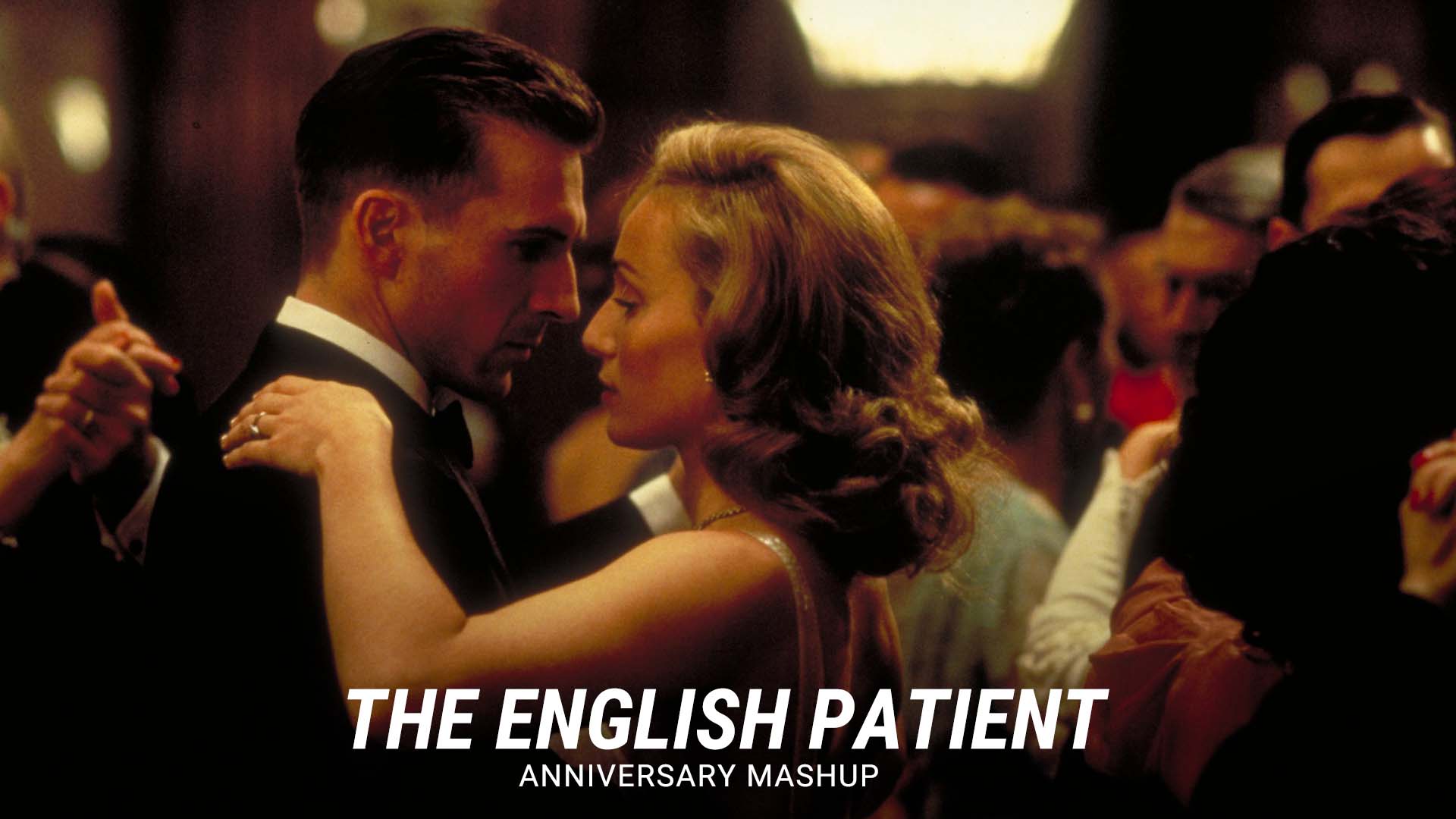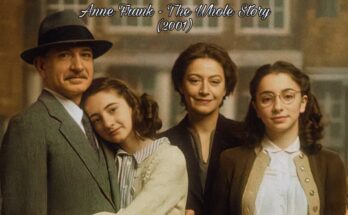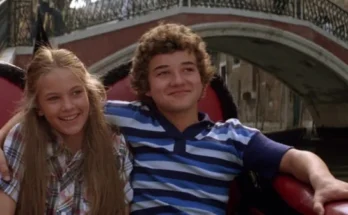Alongside its central romance, The English Patient delves deeply into the lives of its supporting characters, enriching the film’s tapestry of love, loss, and war. Geoffrey Clifton (Colin Firth), Katharine’s husband, emerges as a tragic figure, caught in the war’s complexities and personal betrayal. His story intertwines with that of Almásy (Ralph Fiennes) and Katharine (Kristin Scott Thomas), adding tension and moral ambiguity to the narrative. Another key character, Kip (Naveen Andrews), a Sikh sapper working to defuse bombs, offers a parallel perspective on identity, loyalty, and the personal cost of conflict. His tender relationship with Hana (Juliette Binoche) brings a sense of fragile hope and humanity amidst the chaos. These secondary storylines add layers of depth to the central plot, revealing the war’s impact on individuals from different backgrounds, from the deeply personal to the profoundly political.
One of the most striking aspects of The English Patient is its exploration of identity, both personal and national. Almásy, a Hungarian cartographer navigating British colonial Africa, is portrayed as a perpetual outsider. His relationship with Katharine becomes a temporary escape from societal expectations and the rigid confines of nationality, but it is ultimately doomed by the unstoppable forces of history and circumstance. The film poignantly grapples with themes of memory, guilt, and the difficulty of reconciling the past with the present. As Almásy recounts his story from his deathbed, he must come to terms with the consequences of his choices and the irreversible loss of his great love. His fragmented memories, beautifully stitched together by the film’s nonlinear structure, underscore the fragile, often painful nature of remembering.
The film’s musical score, composed by Gabriel Yared, is equally iconic, with its haunting melodies and emotional depth perfectly complementing the story’s tone. The music, much like John Seale’s breathtaking cinematography, enhances the film’s dreamlike atmosphere, drawing the audience deeper into the characters’ inner worlds. Yared’s work earned widespread acclaim, winning the Academy Award for Best Original Score, and remains an integral part of the film’s enduring emotional power.
Upon its release, The English Patient was met with both critical acclaim and commercial success. It won nine Academy Awards, including Best Picture, Best Director for Anthony Minghella, and Best Supporting Actress for Juliette Binoche. Critics praised its rich storytelling, visual grandeur, and emotional complexity. While some viewers found the film’s pacing leisurely, those who embraced its reflective nature found a deeply rewarding cinematic experience. Its intricate narrative, combined with stunning performances and visual artistry, appealed to audiences seeking a story that lingered long after the credits rolled.
In conclusion, The English Patient (1996) is a sweeping, romantic, and heartbreakingly beautiful tale that explores love, memory, identity, and the ravages of war. With its talented cast, lush cinematography, haunting score, and masterful direction, it stands as a landmark achievement of 1990s cinema. Its legacy endures as a timeless meditation on the complexities of the human experience, offering a profound look at how history, love, and loss shape our lives in ways we can scarcely anticipate.



